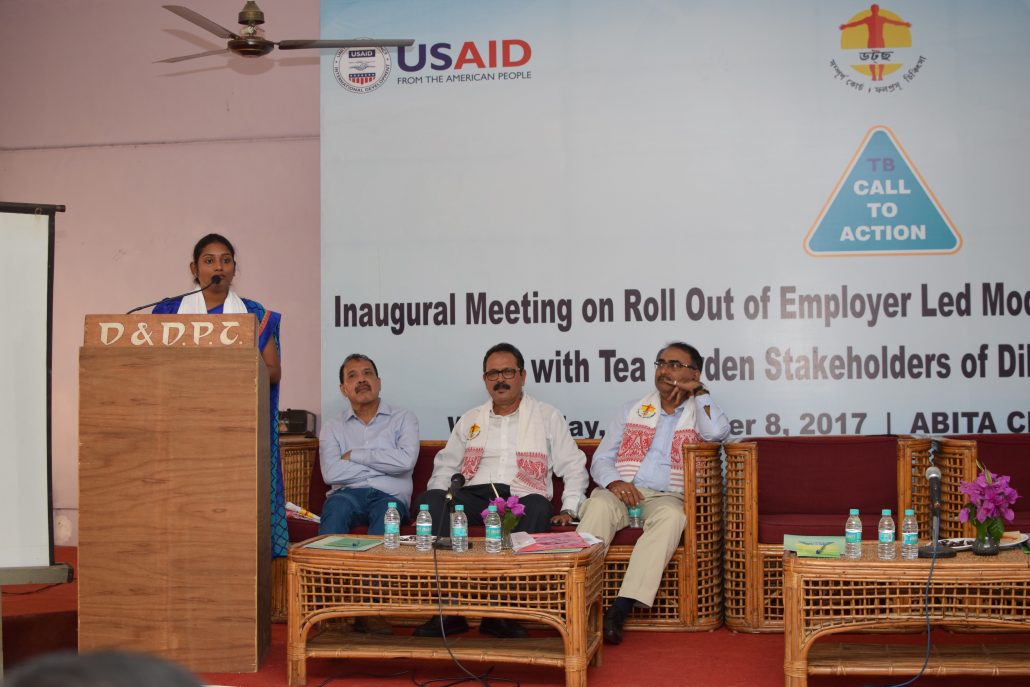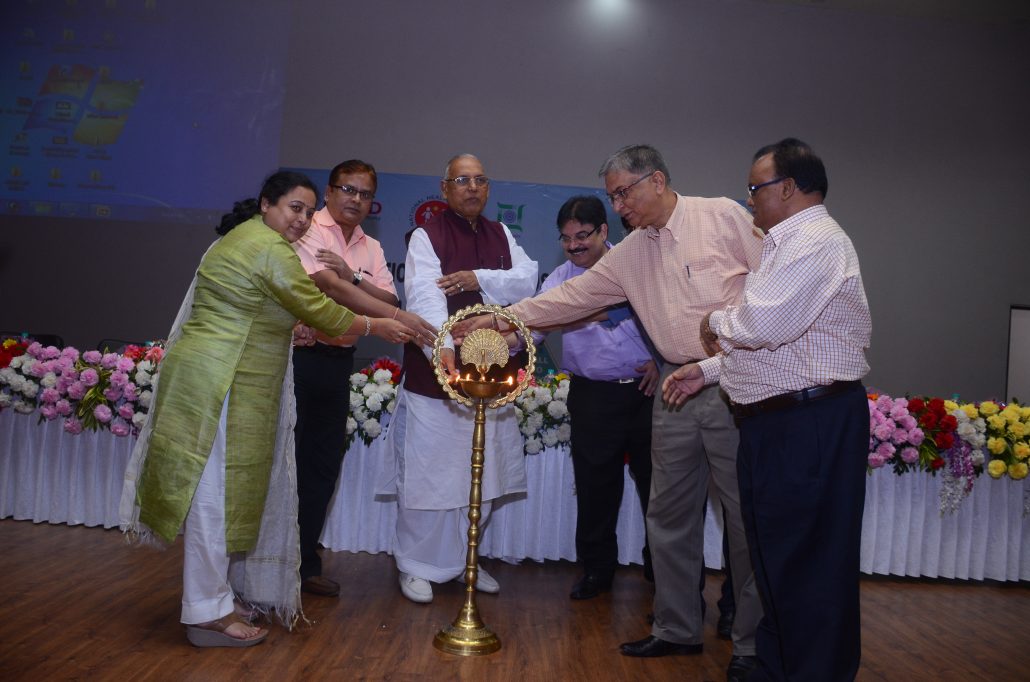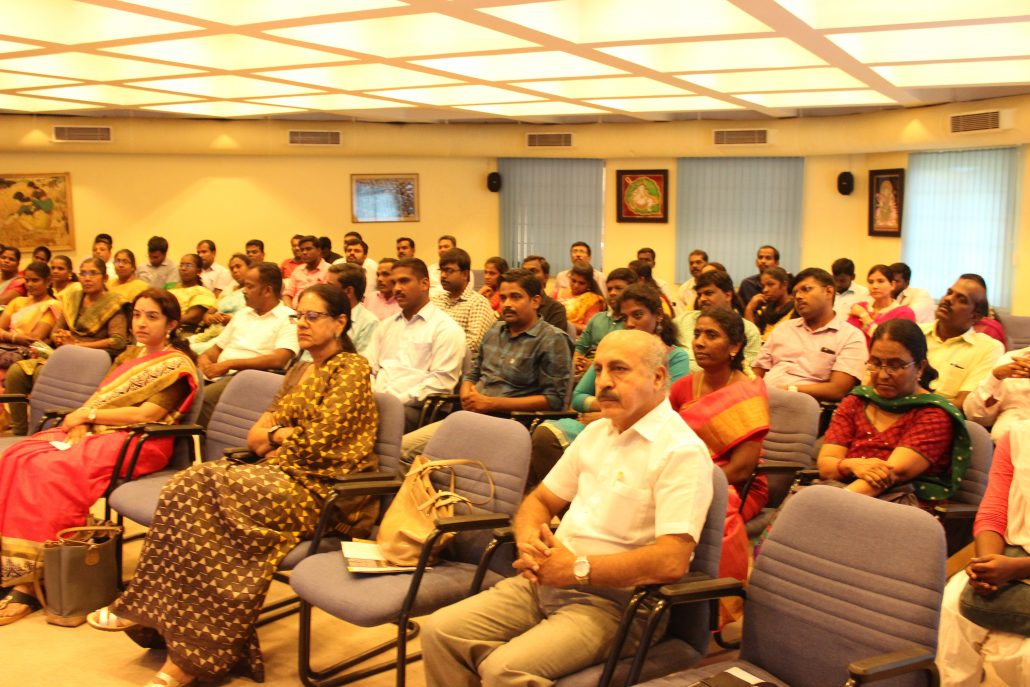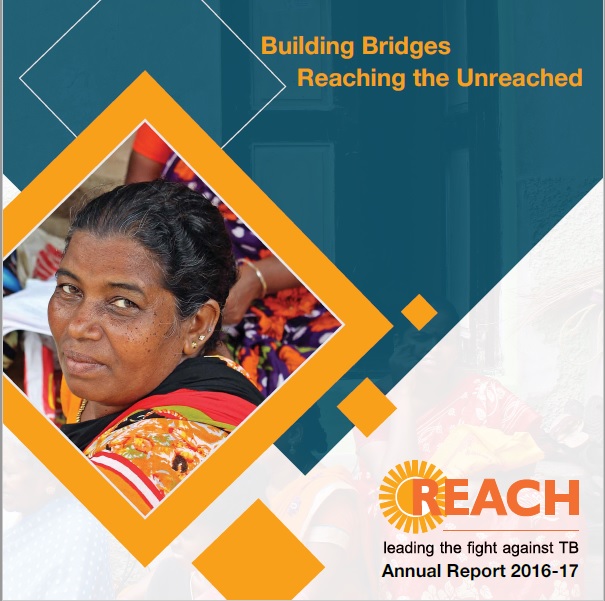Pillbox-cum-adherance support device launched for people with TB
Chennai, March 23: Ahead of World TB Day, STAMP, a new pillbox-cum-treatment adherence support system, was launched at a meeting organised by REACH, a city-based NGO which is partnering with the government’s TB control programme.
STAMP, an acronym for Support for Treatment Adherence and Medication Protocol, has been designed and manufactured by Sundaram Medical Devices (SMD), a Harvard Business School award winning startup based in Chennai. Patients can use the multi-function pillbox to dispense medication and assist them in completing their course of treatment successfully. 200 such devices were donated to REACH by the Sundaram Aaryogyam and Vitality Enhancement (SAVE) Foundation.
Speaking at the launch meeting, Mr N Krishnan, Managing Director of India Motor Parts and Accessories Limited (IMPAL), lauded the introduction of this device and said, “IMPAL is proud to have supported public health causes, including TB, for several years, much before the CSR funding law came into existence.”
These electronic medication dispensers (EMDs) have been in development since 2015 by SMD’s team of engineers guided by doctors and experts at REACH. The device is programmed to remind the patient to take their medicine and has graded alerts to the patient,putlockersfamily members and healthcare workers, if the patient forgets to take a dose. This helps TB patients adhere to the treatment and follow the drug regimen regularly. In addition to alerts, a secure live database on adherence is maintained for patient, doctor, and healthcare worker review and action.
At the launch event, Mr Krishna Mahesh, Director SMD said, “We wanted this to be a patient-friendly, supportive and non-intrusive device, as simple as pressing a button. That’s all people with TB should have to worry about. The technology itself should be invisible to them. We hope to make this device available globally for people affected by TB.”
Since treatment for TB lasts six to eight months, the need for following up with a person’s adherence is considered crucial to successful treatment completion. Without adhering to the treatment regimen, TB, a disease that kills around 1400 people in India everyday, cannot be cured and might develop drug resistance.
Dr Ramya Ananthakrishnan, Executive Director, REACH, said, “Treatment support mechanisms do exist but we wanted a device that would keep the needs of the patient front and centre. STAMP also helps our health workers optimize their time and become more efficient healthcare providers.”
The STAMP project was piloted with REACH, which has been working with tuberculosis in the private sector for the past two decades. It has been helping implement the government’s TB control programme in Chennai by engaging the private sector.
About the device
The pillbox unit first sounds an alarm at the time of taking medication. If medication is dispensed on time, a notification is send to the servers and the patient’s file is updated. If there is a delay of two hours in taking medication, a language appropriate SMS alert is sent to the patient’s mobile phone. If the delay reaches four hours, an automated voice reminder is sent to the patient’s mobile phone. After a delay of six hours, a family member whose mobile number is registered gets a reminder and after a delay of 8 hours, a healthcare worker is notified that the patient has missed the medication and further action can be initiated. These messages are available in four languages, the preference of which can be chosen by the patient at the time of registration.






